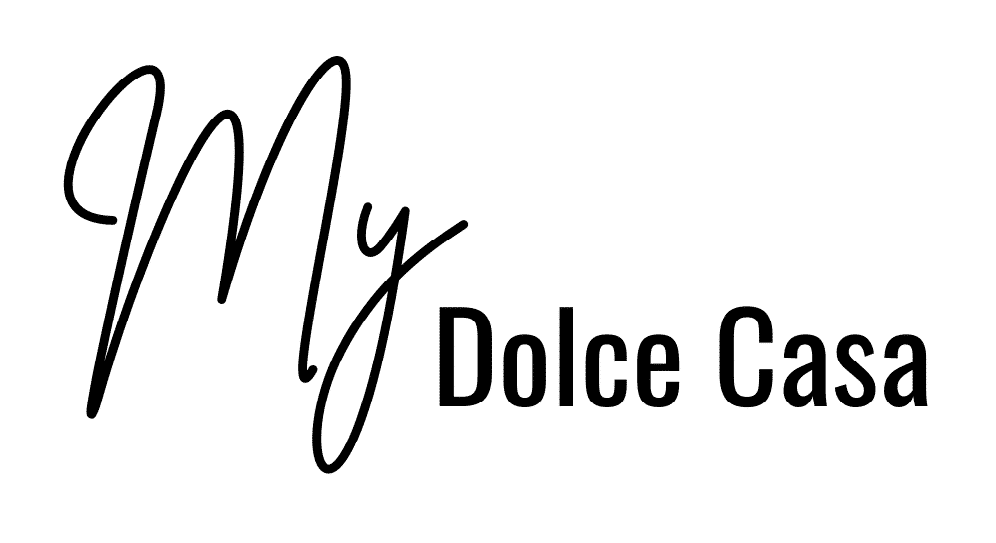Moving to France with school age children does not need to be a challenge if you do your homework about the French education system. The school year in France runs from September to the end June, early July and there are five main school breaks and several public holidays during the year when schools in France are closed.
It is a legal requirement that all children attend school between the ages of three years and 16 years. There are four stages to French education:
- École Maternelles (Pre-school) 3- 6 years
- École Eléméntaire (Elementary school) 6- 11 years
- Collège (Middle-school) 11-15 years
- Lycée (High-school) 15-18 years
There are three types of schools in France: public, private and international schools. Public schools tend to cater for one of the stages, so students will have to change schools on average four times. These schools are free of charge, co-educational and secular.
Check out the complete guide to International Schools in France.
In contrast to this, private and fee-paying schools often cater for all stages ‘under one roof’ and a small number of them are single-sex and religious. Bi-lingual education is often offered in private schools.
About one fifth of French students attend private schools. There are two types of private schools: the first is contracted to the French government (sous contrat) and the second is independent (hors contrat). There are far fewer of the latter type of private school, as they are not required to follow the National Curriculum. They also tend to be much more expensive.
The Écoles Maternelles (Pre-school)
Also known as pre-schools, Ecoles Maternelles prepare young 3-to-6-year-old children for school by teaching them the skills of reading, writing and numeracy.
If your children are of this age, a public pre-school is the perfect place for them to learn French. As a matter of fact, immersing them in a class of French speakers at this age will naturally encourage them to learn the language.
Before they grasp the French language, very young children that are native speakers of a different language have a great way of communicating using signs and gestures.

Écoles Eléméntaire (Elementary school)
Children spend five years in elementary school in France and each year will progress to the next class. Your child will be allocated a place in the school that is in your area of residence. If you have a particular reason for wanting your child to attend a different school you can request this. However, you will need to get an agreement from the school inspector to do so.
In Paris and other major cities, it is possible for non-French speaking children to attend a school outside the area of residence if it offers easier integration with some teaching in English.
Local tip: Écoles Eléméntaires are often closed on Wednesday afternoons, but this can change from area to area. A small number of schools hold lessons on a Saturday morning and are closed all day Wednesday.
The five classes in écoles eléméntaires are:
● CP (Cours préparatoire) 6-7 years
● CE1 (Cours élémentaire 1) 7- 8 years
● CE2 (Cours élémentaire 2) 8- 9 years
● CM1 (Cours moyen 1) 9- 10 years
● CM2 (Cours moyen 2) 10-11 years
These schools are free of charge. Parents are requested to pay for school meals and outings, plus any after-school activities. Children start to learn a foreign language at this stage, which is usually English.

Discover the best places to live in France for families.
Collège (Middle-school)
In France, students attend the French equivalent of ‘middle school’ between the ages of 11 and 15 years. They follow a diverse curriculum that provides them with a solid and structured education. Subjects include: mathematics, science, history, geography and foreign languages.
Lycée (High-school)
The final three years of a student’s education is at the lycée There are three different types of lycée. The first is the lycée generale for general academic studies. Lycée technologique is for students interested in science and technical training. The third type is lycée professional which caters for students wanting a vocational education. A fourth style of lycée called a lycée polyvalente, which combines all three areas.
At the end of this stage all students take the baccalauréat exam. Students need to pass this exam to be able to go to college or university. The exam is on all subjects and students are marked on a scale of 1-20 with ten being the passing grade.
French schools tend to focus on academic subjects rather than the arts, performing arts and physical education. These are usually available for students as an after-school activity.

School breaks or school holidays in France
School holidays in France are set by the Ministry of National Education. The Ministry has divided France into three zones and the dates of the school holidays do vary from one region to the other.
The three area zones are:
- Zone A: Besançon, Bordeaux, Clermont-Ferrand, Dijon, Grenoble, Limoges, Lyon, Poitiers
- Zone B: Aix-Marseille, Amiens, Caen, Lille, Nancy-Metz, Nantes, Nice, Orléans-Tours, Reims, Rennes, Rouen, Strasbourg
- Zone C: Créteil, Montpellier, Paris, Toulouse, Versailles
France School Calendar 2024 – 2025
- Summer Holidays: 7 July 2024 – 1 Sep 2024
- All Saints’ (Toussaint): 20 October 2024 – 30 November 2024
- Christmas Holidays: 22 December 2024- 05 January 2025
- Winter Holidays (Zone A): 23 February 2025- 09 March 2025
- Winter Holidays (Zone B): 09 February 2025- 23 February 2025
- Winter Holidays (Zone C): 16 February 2025 – 02 March 2025
- Spring Holidays (Zone A): 20 April 2025 – 04 May 2025
- Spring Holidays (Zone B): 06 April 2025- 21 April 2025
- Spring Holidays (Zone C): 13 April 2025- 27 April 2025
In addition to these main school breaks, French schools are also closed for all public holidays.
See the complete list of public holidays in France.
Although these dates are unlikely to be changed by the French Ministry of Education, it is worth checking them regularly.
To enrol your child in a French school, you should visit your local Mairée (Town Hall) by the end of June, so your child can start school the following September.
Local tip: Students in France are not usually allowed to miss school for family vacations and holidays. The French education system places a high value on student attendance. Like in other countries, parents can face being fined if they take their children out of school without prior authorization from the school and educational authorities.

